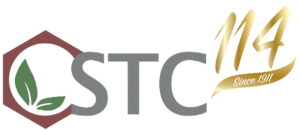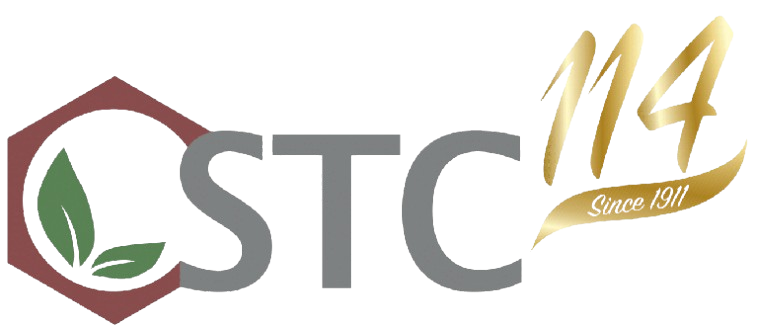
Fertilising crops is important, it is about providing nutrients to plants so that they can grow vigorously, develop healthily and give the farmer a good harvest. In organic farming, fertilisers of organic and mineral origin can be used to maintain soil fertility and yield. Organic fertilisers include all types of litter and non-litter manure, slurry, bird droppings, various types of compost, straw, green manure plants, ash, sawdust, peat and sapropel.
Litter manure can be produced on the farm or imported from other organic or non-organic farms. When importing manure from non-organic farms, two important things must be remembered: firstly, the seller must provide written confirmation that the feed fed to the animals does not contain GMOs and secondly, it cannot come from industrial agriculture.
Each European country sets its own criteria for industrial farming. According to Cabinet Regulation No 485 of 26 May 2009 on "Monitoring and control procedures for organic farming" in Latvia, fertilisers of industrialised agricultural origin are fertilisers produced on a conventional farm if:
When using litter manure, it should be borne in mind that the amount applied should not exceed 170 kg N/ha. To ensure this, chemical analyses of the manure must be carried out or calculations must be carried out according to the norms set out in Annex 2 of Cabinet of Ministers Regulation No 834 of 23 December 2014 "Requirements for the protection of water, soil and air against pollution caused by agricultural activities".
If wood waste is to be used, it is important that the wood is not treated with chemicals. The use of peat is restricted to horticultural farms.
Recently, various companies have been offering manufactured fertilisers, both at the point of sale and directly to farmers. Many of these are based on natural raw materials. Before buying such fertilisers, it is necessary to make sure that the fertiliser offered is registered with the VAAD. Only fertilisers and substrates listed in the National Register of Fertilisers and Substrates of the State Information System for Crop Monitoring (except for fertilisers bearing the EC label in accordance with Regulation No 2003/2003, the CE mark in accordance with Regulation No 2019/1009 and mutually recognised fertilisers and substrates in accordance with Regulation No 2019/515) may be manufactured, packaged, imported and marketed in Latvia. Not all substances can be used in organic farming, so it is necessary to make sure that their composition complies with the substances allowed by the Regulation before purchase.

To provide you with the best experience, we use technologies such as cookies to store and/or access device information. Consenting to these technologies will allow us to process data such as browsing behaviour or unique IDs on this site. Not consenting or withdrawing consent may adversely affect certain features and functionality.